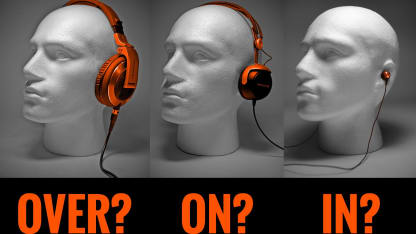Libratone Q Adapt On-Ear Wireless or In-Ear Lightning 4-Stage ANC Headphones

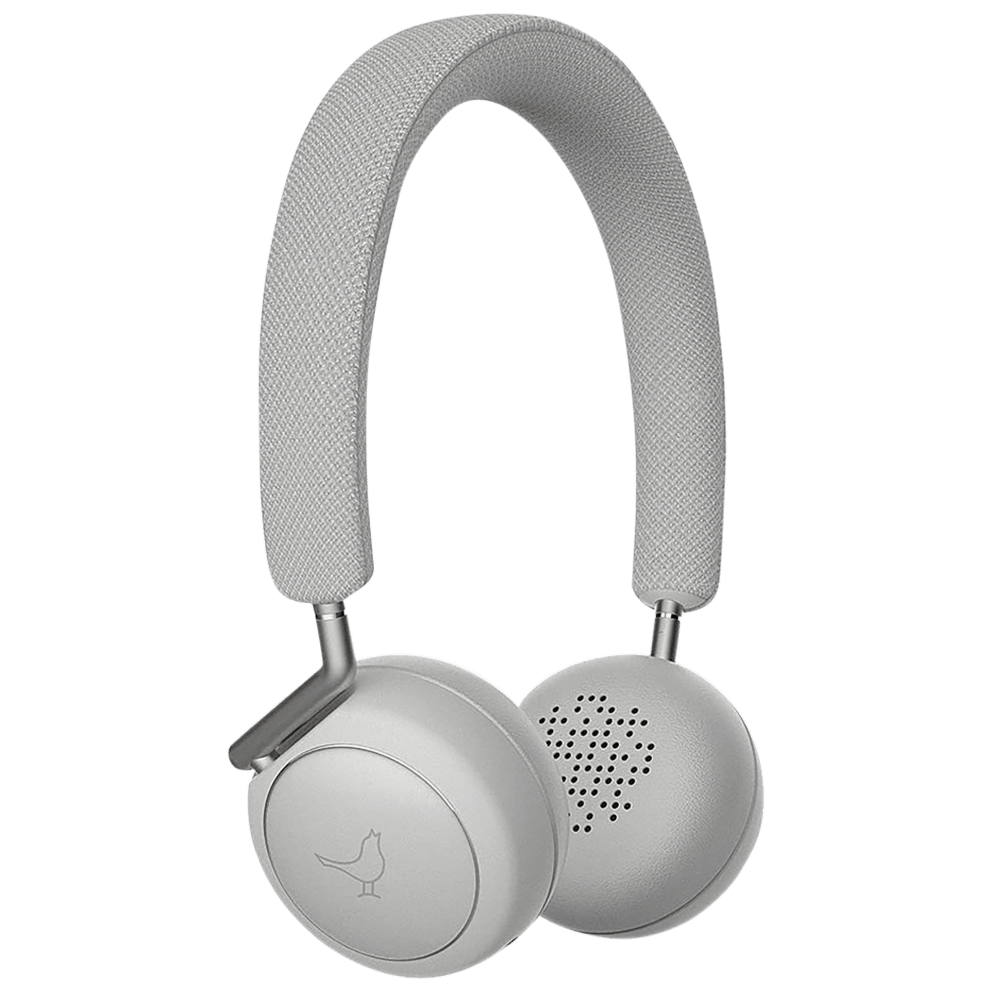
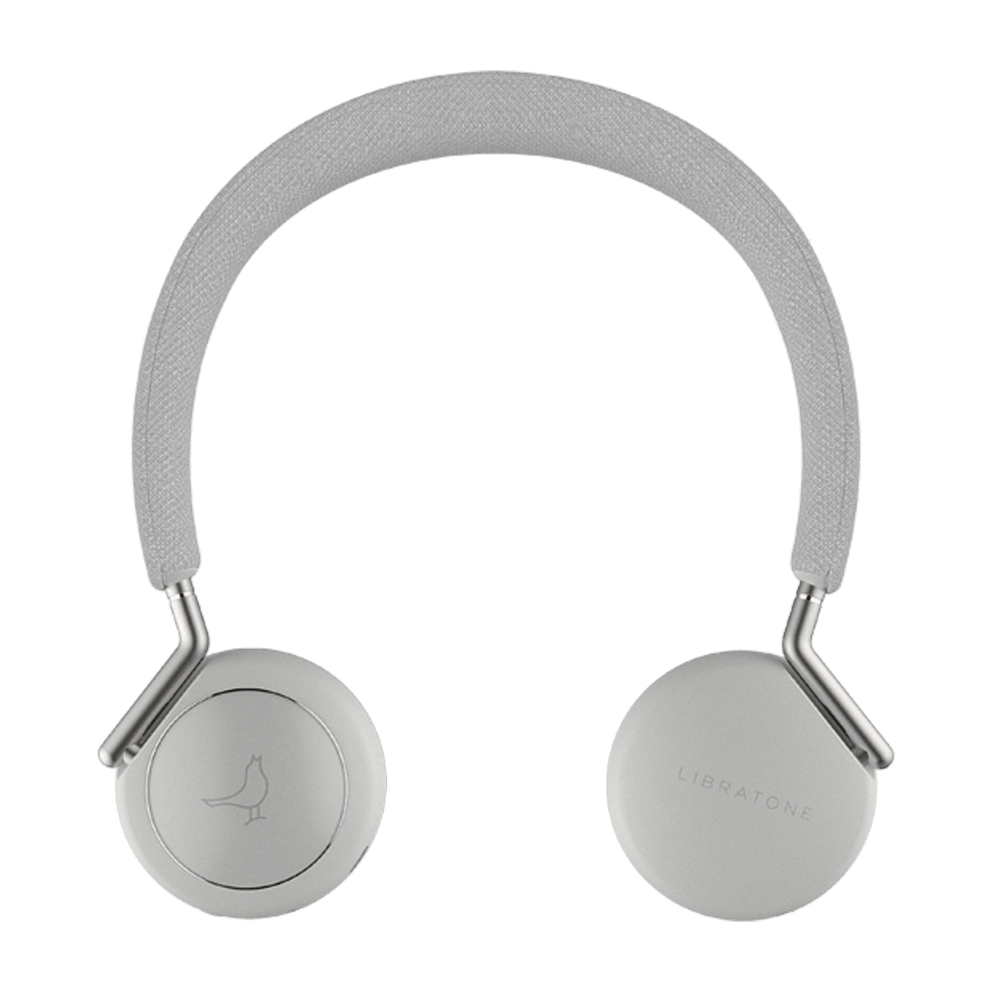
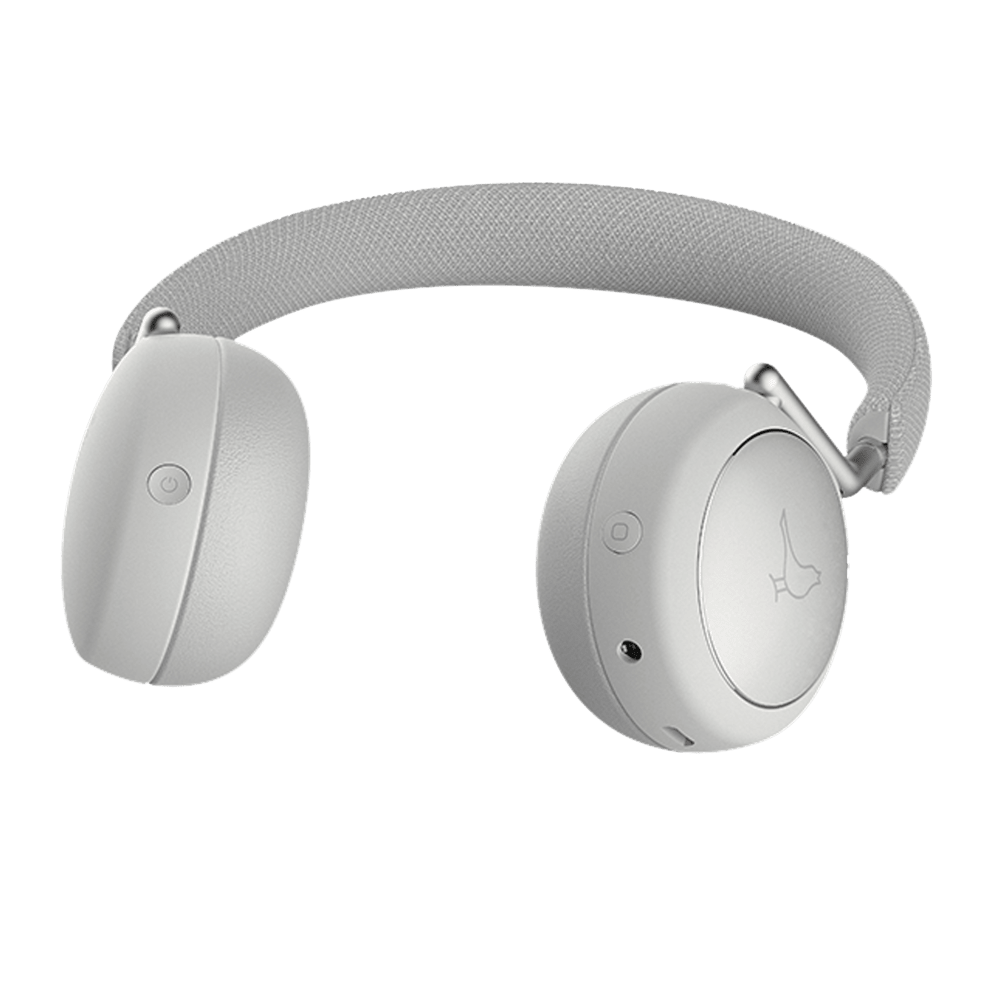

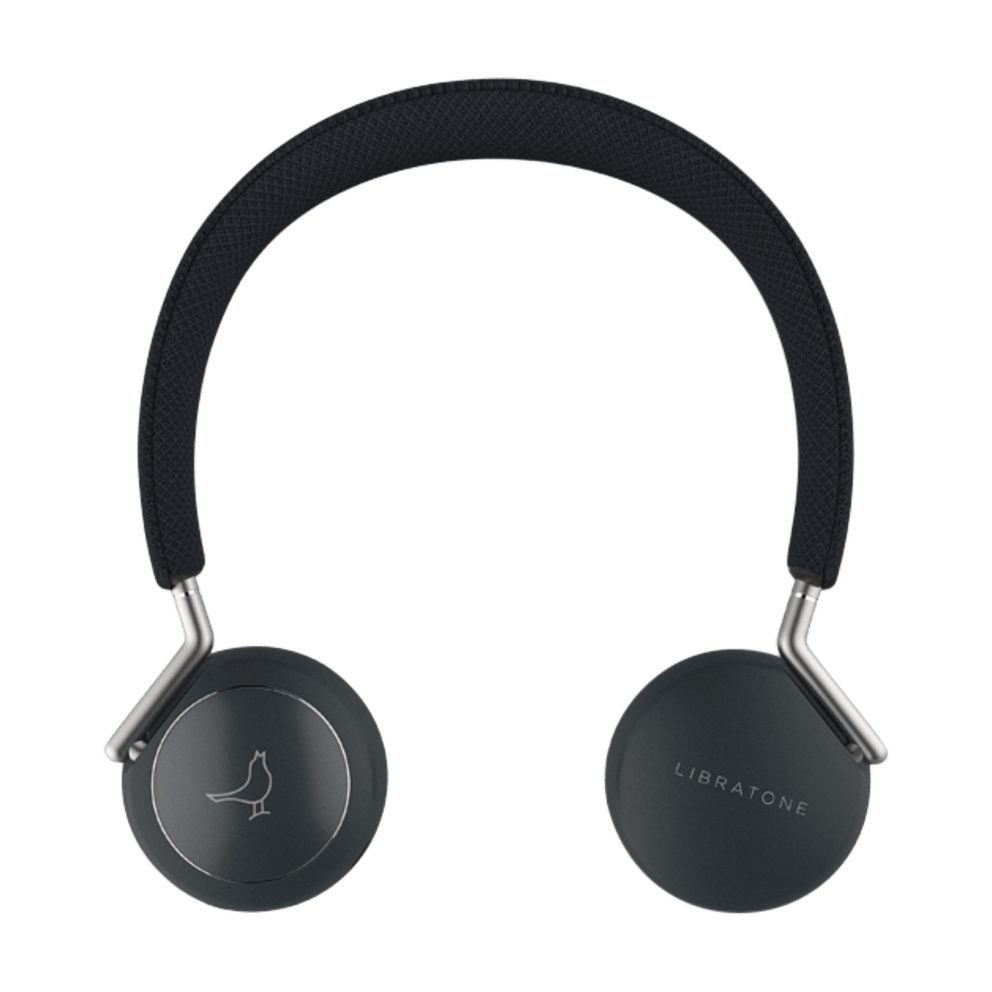


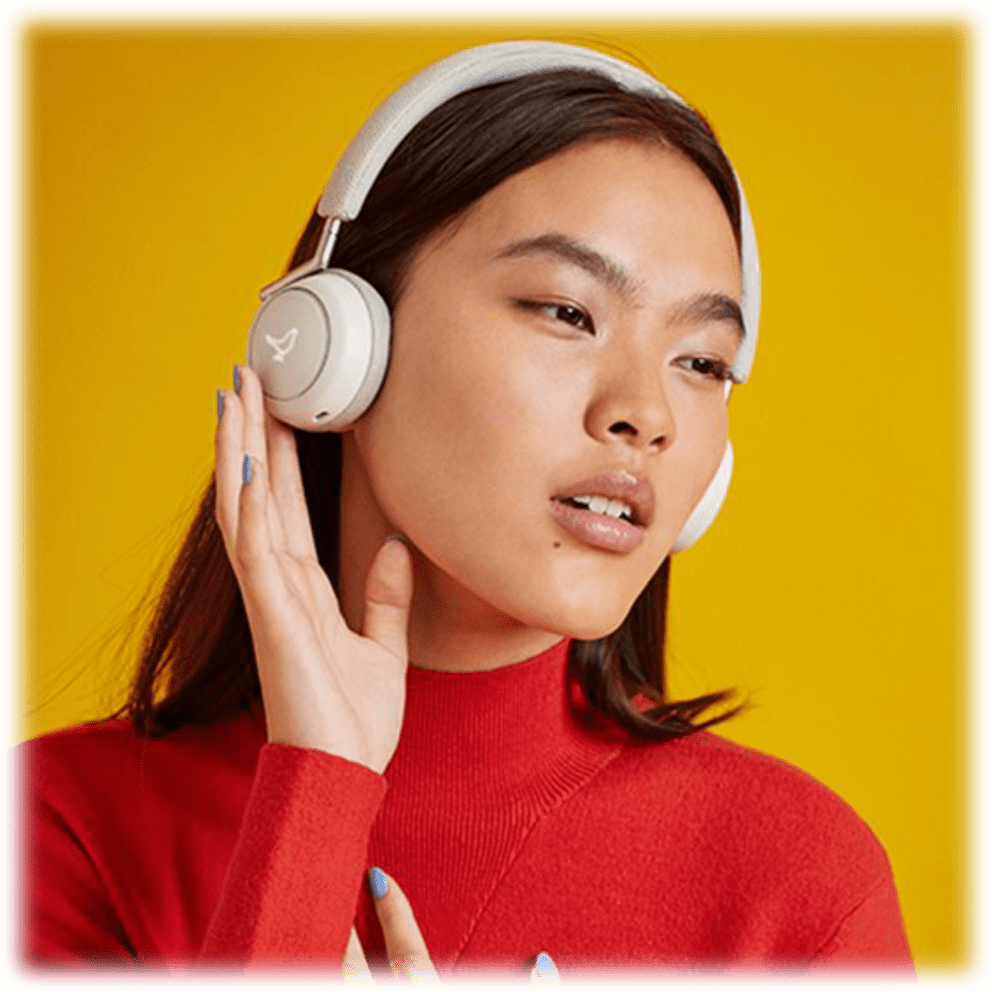


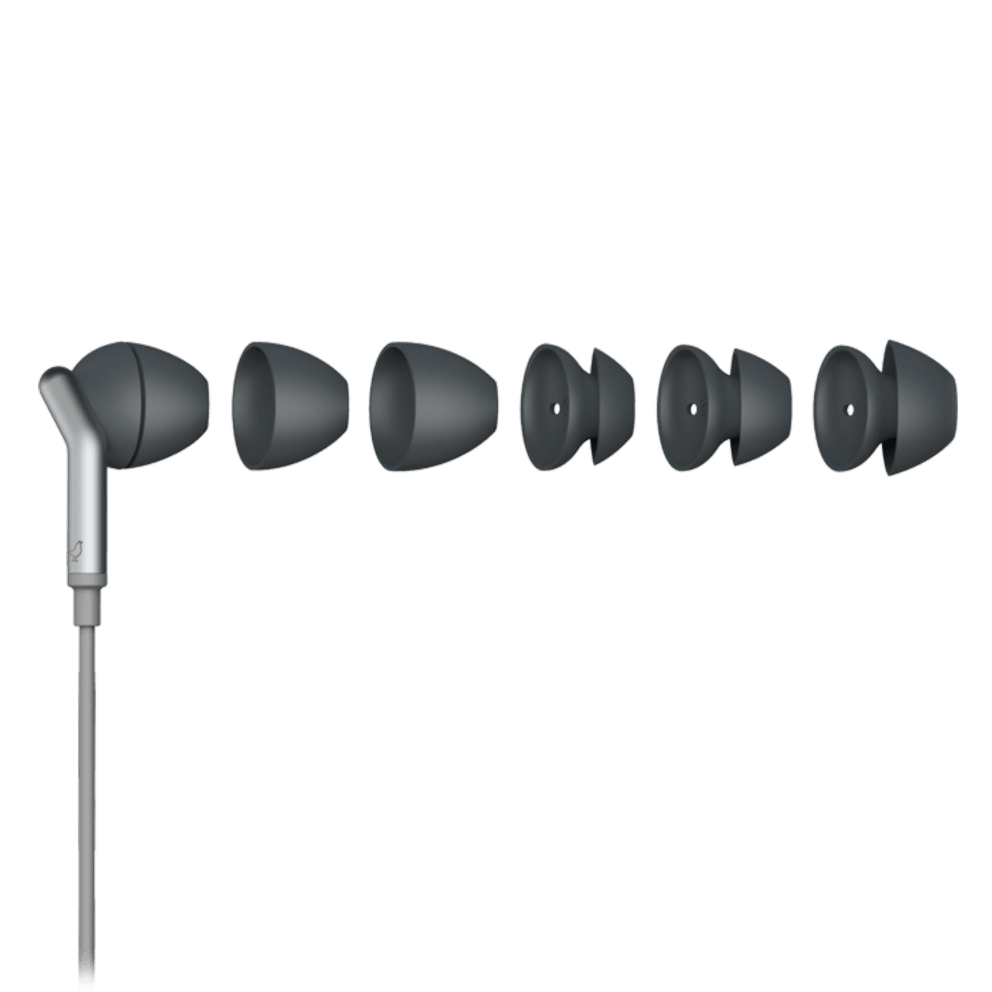
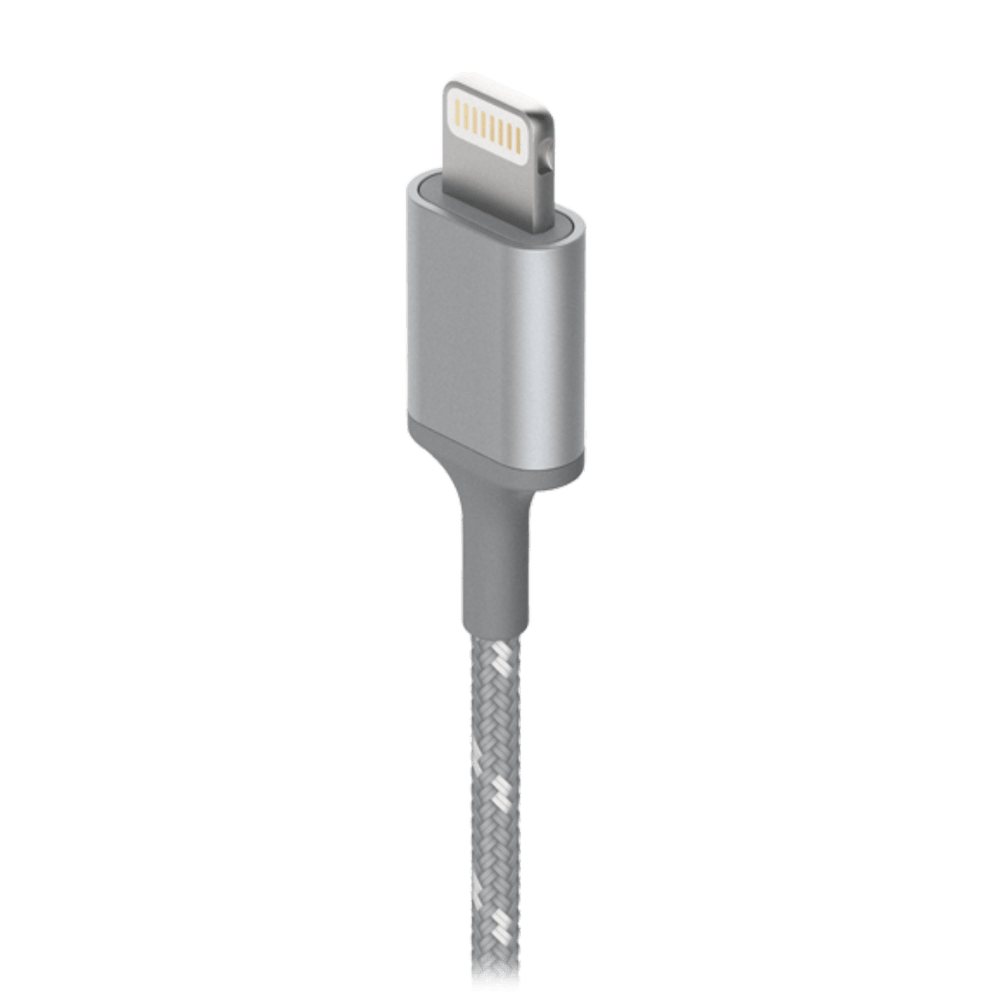


Our Take
- The Libratone Q Adapt In-Ear Lightning Active Noise Cancelling Headphones are really good wired earbuds for use with your iPhone
- The Libratone Q Adapt Wireless Noise Cancelling On-Ear Headphones are very high quality, cushy bluetooth headphones
- Both allow 4 levels of noise cancellation, depending on how much of the outside world you want to hear
- So, do you want a wire or not?
- And do you want in the ear or on the ear?
- Pretty easy stuff to decide, honestly
- Model: L18R4T0N3Y-4LL3N
Your Take
You Said So
The truth is, we can’t say much when it comes to which of these Libratone products you should choose. On the headphone spectrum, they’re polar opposites in many ways.
One option: Libratone Q Adapt In-Ear Lightning Active Noise Cancelling Headphones. The other: Libratone Q Adapt Wireless Noise Cancelling On-Ear Headphones. This doesn’t exactly warrant a buyers’ guide. Want some wired earbuds for your iPhone? Get the first one. Want some bigger, cushier bluetooth headphones? Get the second one.
That means our real job here is to prove to you these are good. But we’re not going to dig up the same old reviews from tech sites where the listed price is about twice what we’re offering them at and the final verdict is: “These are really great, but a little pricey.” Nor are we going over to Amazon, where we can probably find a five star review from user Product_Rating_Inflation_BOT saying, “I enjoy this product greatly every day! User friendly! Great flavor!”
(And yes, ignore that we said this next time we use Amazon reviews to sell a product, please.)
So, who will we turn to in order to convince you to buy these headphones? How about… you?
The verdict for the In-Ear Lightning Headphones from a previous sale? Solid for everyday use, especially at the price point.
Decent/minimal noise cancelling for everyday use. I use them for the gym and to mute out the AC. I don’t use the app and use with iPhone XS. More cord noise than I’d like but not the worst either. I’m happy with my purchase and the price point. I wasn’t expecting something outstanding.
And @wuwei26 echoes this:
Agree with other reviews, very decent / good buds at a decent price. I do like the fact that they power off the USB and don’t need to be charged separately. That is a definite plus. Wouldn’t pay more than 50 bucks for them, but happy at any price lower than that.
As for the Wireless On-Ear Headphones, the forum reviews are even stronger.
@trudyscousin, for example, is very positive:
I ordered two sets of these and by now I’m really glad I did. The noise cancelling (four levels from none to total) is very good and so is the seal on the ears. These cans will reveal details in your music you never heard before. Lyrics I never understood without a lyric sheet are now crystal clear. I’ve been running my favorite albums through them and I’ve yet to be disappointed.
And @samsalowitz summarizes their feelings quite concisely:
Most important for the average person, the quality of the sound is amazing, considering these are wireless. I have other inexpensive headphones and these are the best of any I own and not the cheapest in cost. I compared them to a first generation Bose wired headset and both were fine (not extensive testing, just my flipping back and forth). Finally, they’re comfortable to wear.
@kensey, meanwhile, is maybe a little scared by them:
The noise cancelling is kind of freaky. It does very, very well with white-noise type background — last night I was up late watching TV with these on and had the NC on max. When I was done and took them off, it felt like a wall of noise crashing in because suddenly I could hear all the fans, hums, air going through duct grilles, etc. again. I’ve never had that with other NC headphones I’ve tried. On the other hand, it (maybe intentionally?) barely cancels voices at all — so in a bathroom I could hear someone talking clearly even on max suppression, but almost all the noise from the sink faucet was blocked.
(And by the way, if you were ever like, “How the heck does noise cancelling work?” here’s a quick summary from Wikipedia: “Sound is a pressure wave, which consists of alternating periods of compression and rarefaction. A noise-cancellation speaker emits a sound wave with the same amplitude but with inverted phase (also known as antiphase) to the original sound. The waves combine to form a new wave, in a process called interference, and effectively cancel each other out – an effect which is called destructive interference.” Cool, right? Now to sit back and wait for the Disney animated feature about a sad young anti-noise wave that doesn’t want to cancel noise anymore.)
Wow, we’ve really gone on and on here. Or, actually, we haven’t. You have. So now that you’re done telling us all about how good these Libratone offerings are, why don’t you go and buy one? Or hey, you could even get both! After all, you recommend them!


